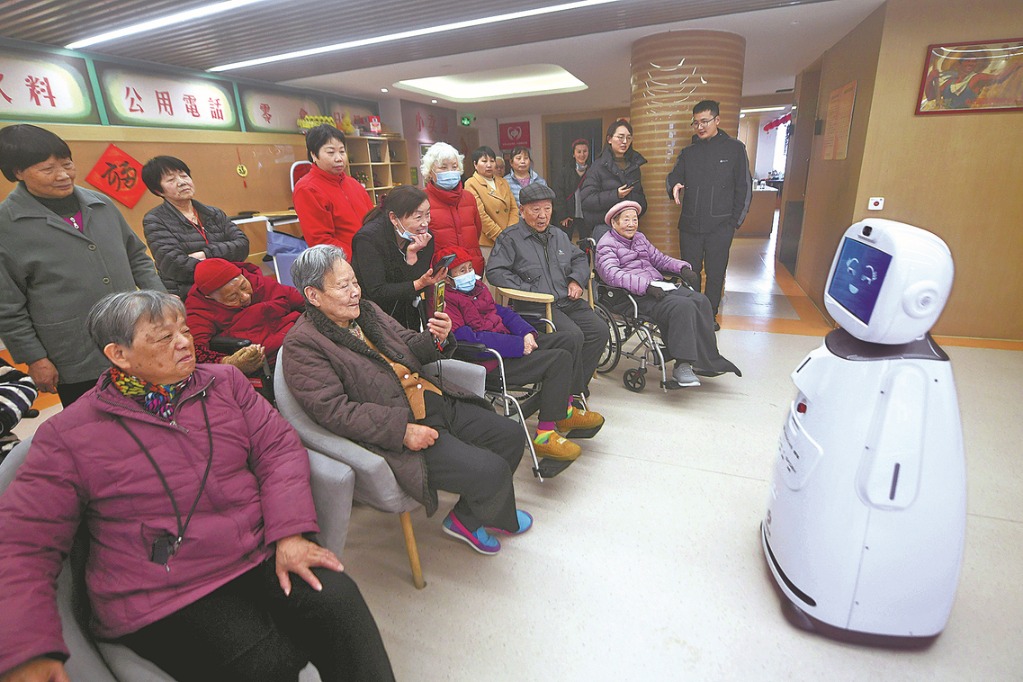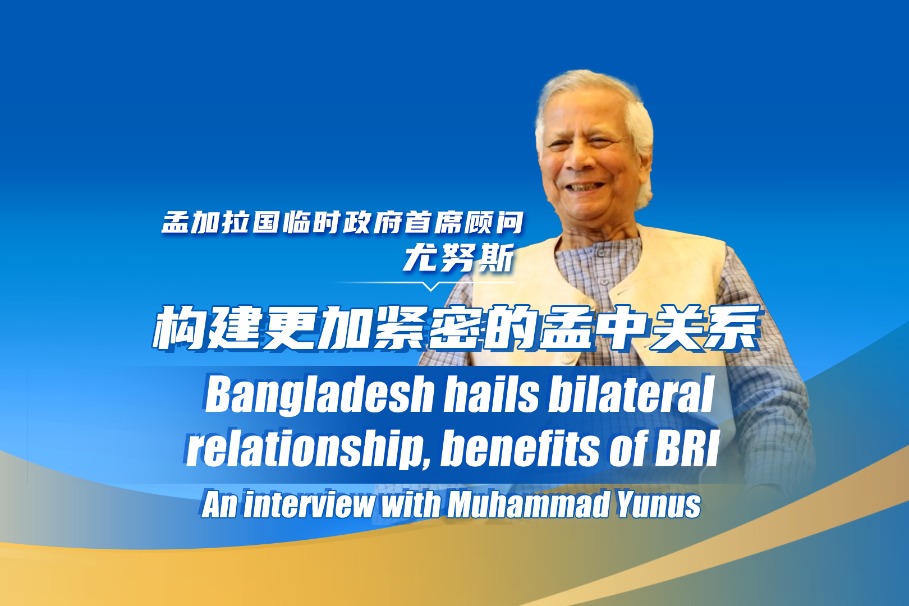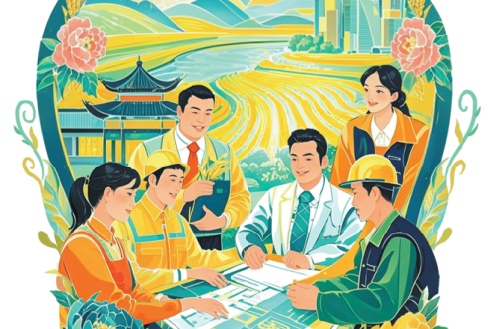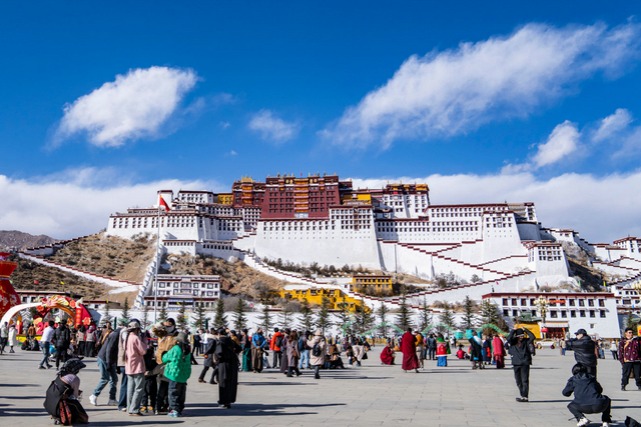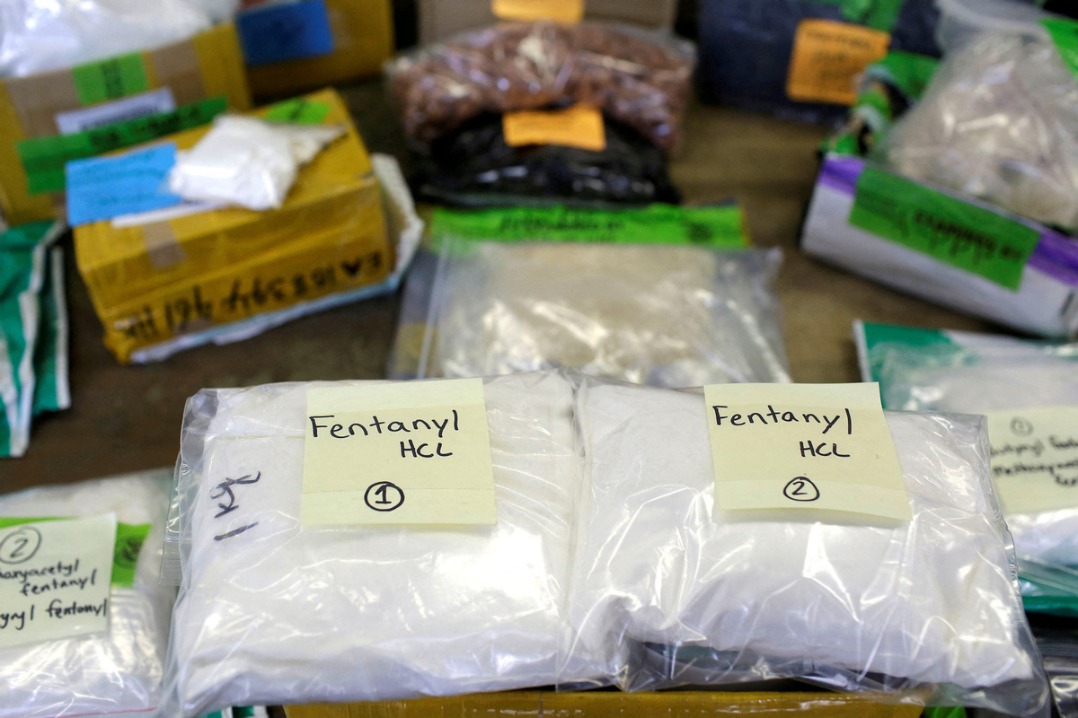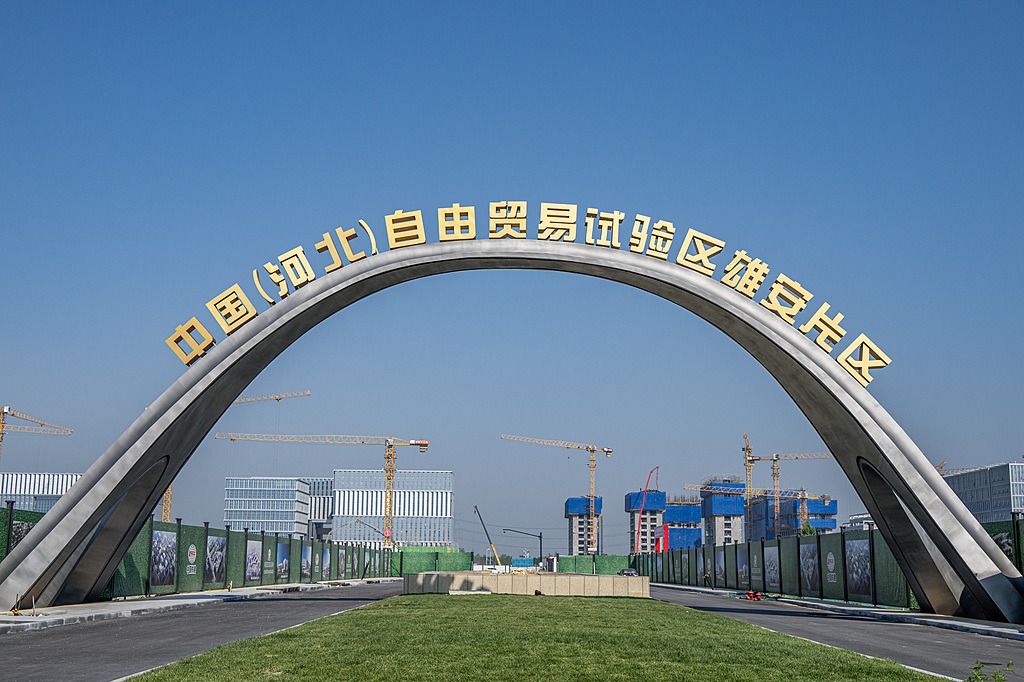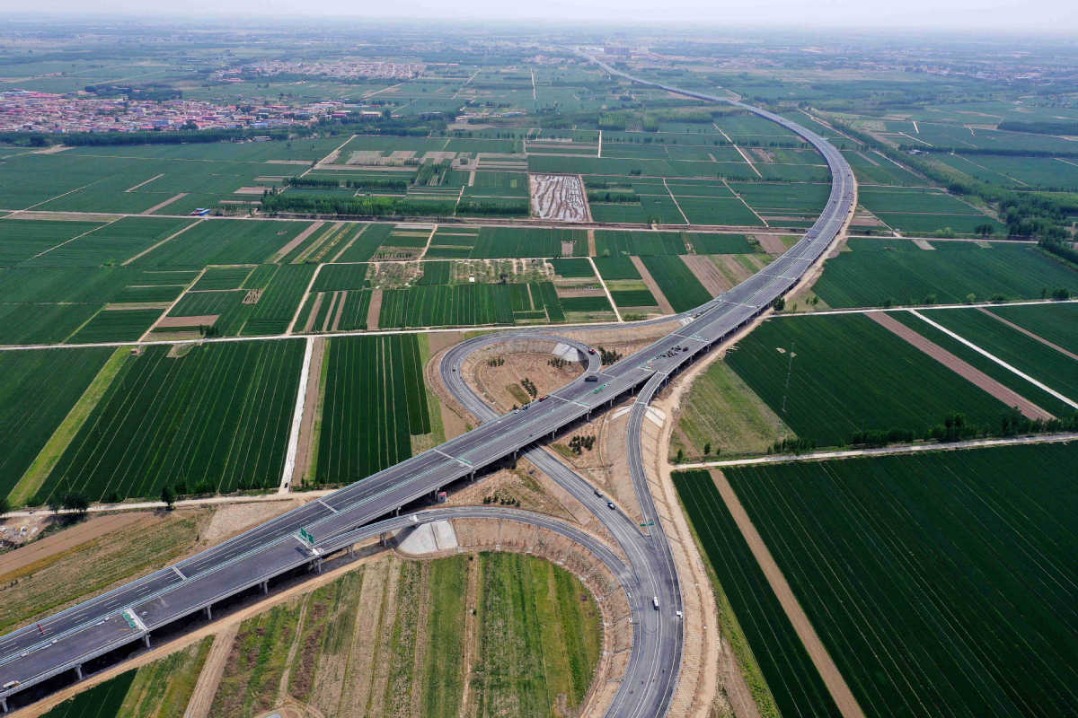Xizang promotes development through ethnic unity

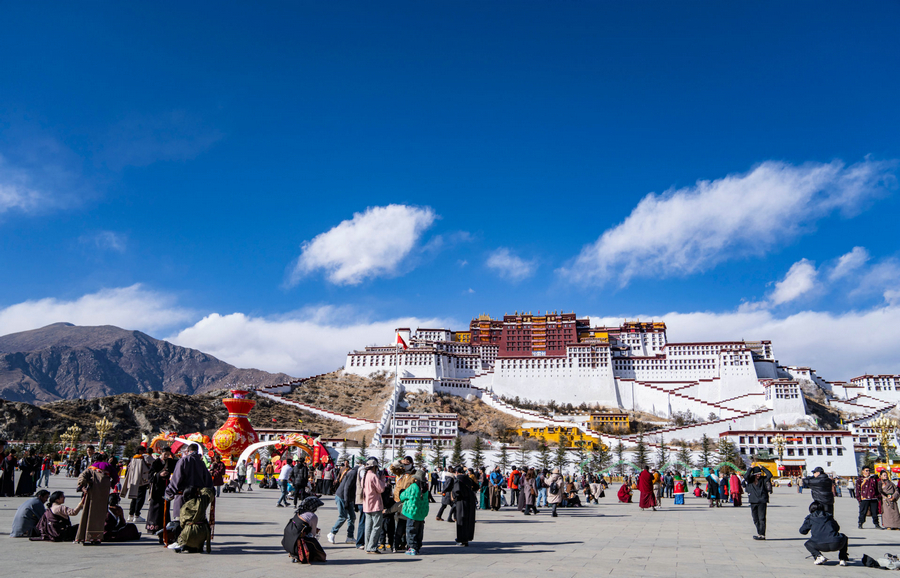
The newly revised regulations on the establishment of model areas to facilitate the overall development of the Xizang autonomous region, implemented on March 1, will strengthen the legal foundation for promoting ethnic unity and protecting the interests of all ethnic groups in the region.
When China was wracked by poverty and weakness, colonial powers fragmented and humiliated its ethnic groups. This painful history has made it clear that ethnic unity serves not only the well-being of all ethnic groups in Xizang but also the overall interests of the Chinese nation.
Since the establishment of the Xizang autonomous region in 1965, particularly in the new era of socialism with Chinese characteristics, Xizang has accorded priority to addressing ethnic matters, while implementing policies aimed at ensuring ethnic equality and unity, regional autonomy, and shared prosperity. Guided by the vision of forging a strong sense of community for the Chinese nation, Xizang has tailored its policies to promote socioeconomic progress.
Today, Xizang enjoys political stability, social harmony and economic growth, and has achieved success in better preserving the ecology and securing the borders. The bond of ethnic unity today in Xizang is as inseparable as butter and tea (tea in Xizang is made with tea leaves and yak butter), reflecting the enduring spirit of unity in China. In fact, over the past six decades, Xizang has exemplified the country's successful approach to addressing ethnic issues with Chinese characteristics.
Originally issued on Jan 11, 2020, the regulations to build up a model for ethnic unity were the first of their kind at the provincial level in China. After five years, Xizang's local legislation began the process of revising the regulations to further strengthen the legal safeguards for ethnic unity.
The goal of the revised regulations is to reinforce the legal framework to build a Chinese national community as the country advances Chinese modernization through national unity. The regulations are based on the fundamental principle of governing Xizang in accordance with the law and designed to provide legal safeguards for the legitimate rights and interests of all ethnic groups in the region, and uphold national unity and ethnic solidarity.
What's more, Xizang has four creative measures, with the first aimed at building a model area for promoting ethnic unity and progress, which can foster solidarity among and development of all ethnic groups, and advance the construction of the Chinese national community. The second measure is to build a pioneering zone which positions Xizang at the forefront of high-altitude economic growth in the country. The third measure is to build a national ecological civilization on the "roof of the world" for better ecological preservation and sustainable development. And the fourth is to secure the borders, promote prosperity, and improve people's well-being to inspire other regions to follow Xizang's example.
The revised regulations exemplify China's approach to borderland governance, showcasing the region's promotion of innovation in local governance and law-based governance under the leadership of the central government.
They demonstrate the local legislature's exercise of legislative power to safeguard and improve people's well-being, and promote ethnic unity and harmony in Xizang, underscoring the significance of local people's participation in legislation. They are China's latest contribution to the Global South's efforts to address ethnic issues.
My first-hand involvement in Xizang's ethnic legislation process has allowed me to observe how whole-process people's democracy is being implemented through the regulatory revision. For example, our team conducted comprehensive research, held symposiums with representatives of various sectors and industries, and organized experts' seminars and thematic meetings on legislation, followed by three rounds of public consultations across Xizang.
We also consulted national-level agencies in Beijing, soliciting 414 suggestions and opinions from the public and experts, and adopted 222 suggestions, ensuring the revised regulations are scientifically sound, democratically formulated and legally valid while guaranteeing their effective implementation.
The promulgation of the regulations shows that safeguarding and strengthening ethnic unity have become the common consensus of all ethnic groups. Xizang's different ethnic groups have voluntarily integrated into the Chinese nation and made significant contributions to the formation and development of the Chinese national community.
Today, all ethnic groups in Xizang enjoy the substantial benefits and safeguards brought about by this community while continuing to strengthen their integration within it. As China pursues national rejuvenation by advancing Chinese modernization, all ethnic groups in Xizang have committed to becoming the guardians and practitioners of ethnic unity.
The author is director of the ethnic, religious, foreign and overseas Chinese affairs committee of the people's congress of Xizang autonomous region.
The views don't necessarily reflect those of China Daily.
If you have a specific expertise, or would like to share your thought about our stories, then send us your writings at opinion@chinadaily.com.cn, and comment@chinadaily.com.cn.


















